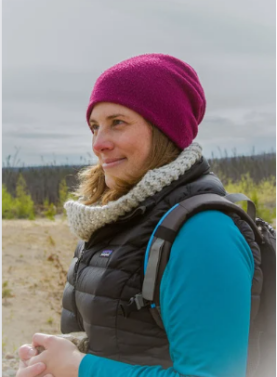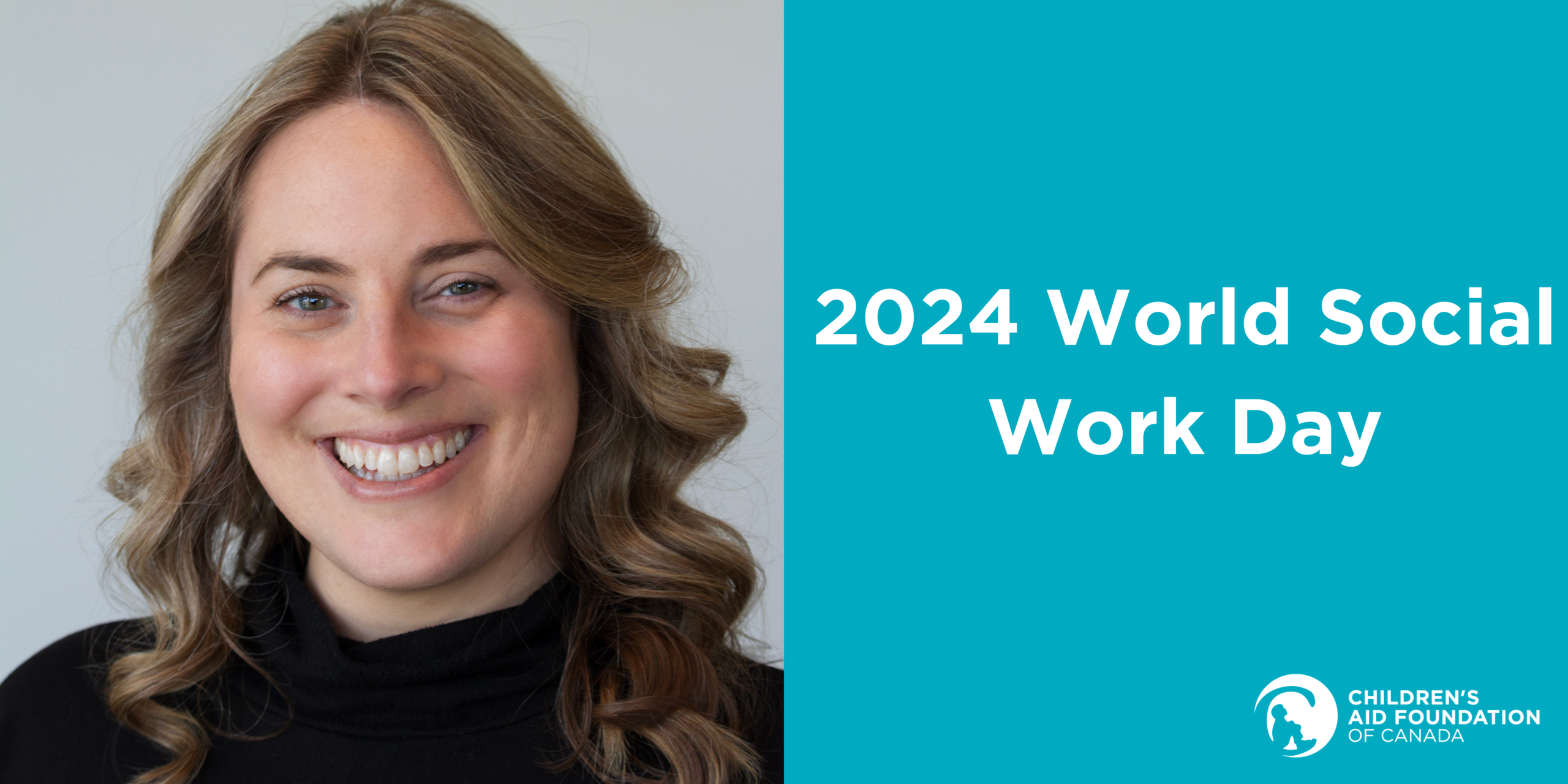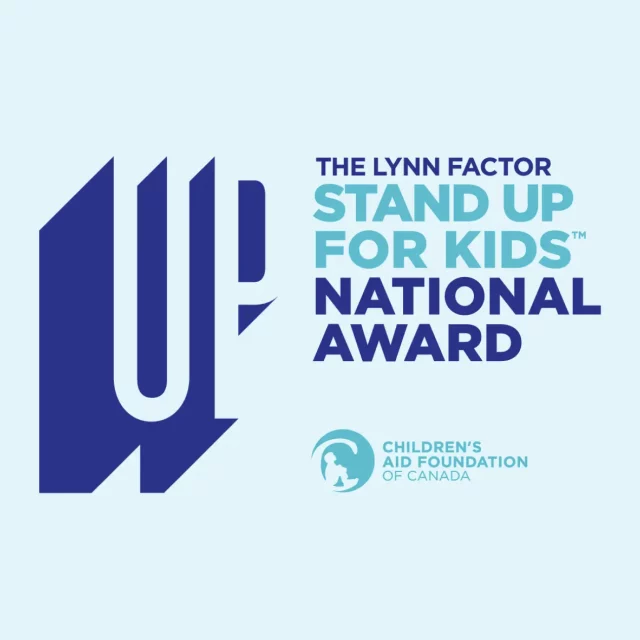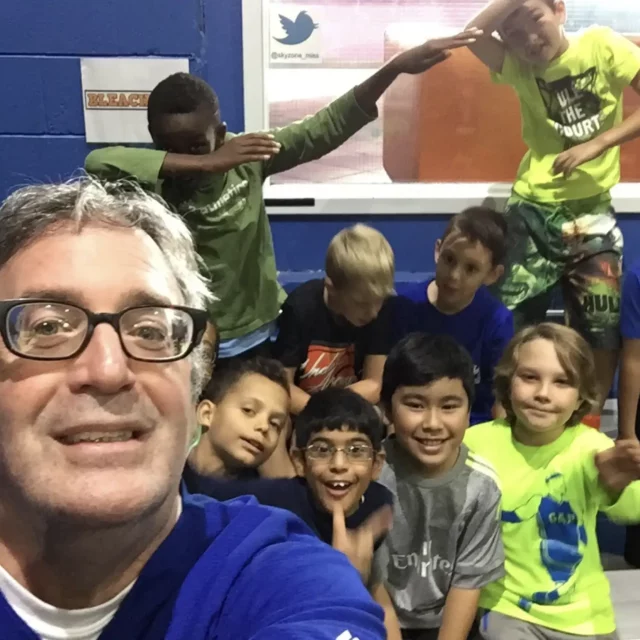Today is World Social Work Day, a day to celebrate the important work social workers do and an invitation to advance their common mission globally. This year’s theme is ‘Buen Vivir: Shared Future for Transformative Change’, which “is rooted in the Global Agenda and emphasizes the need for social workers to adopt innovative, community-led approaches that are grounded in indigenous wisdom and harmonious coexistence with nature.”
To honour this day, we interviewed Vanessa Rankin, Director of External Relations at the Foundation, who has trained and practiced as a social worker for many years. Guided by her commitment to social justice, Vanessa brings extensive experience in government relations to her work to advance social impact and systems change in Canada’s child welfare landscape.

As someone who has worked in direct practice with children, youth and families inside and outside of the child welfare system and continues to advocate for children in the system, what does this theme mean to you?
When I consider this year’s theme and my values as a social worker, it resonates with me on several levels. I love that this theme calls on the need for innovative and community-led approaches. So much of our time in social work is spent seeking solutions to challenging issues experienced by individuals, families, and communities. The root causes of many of today’s problems can be traced back to social and economic structures that result in oppression, systemic racism, and harm to individuals and communities.
By adopting community-led approaches we flip this power imbalance and create exciting spaces for innovative thinking and transformative change that cannot happen within these systems alone. That is also why when I think of the theme of a “Shared Future for Transformative Change” I cannot think of this without centering the rights, well-being and voices of children and youth, today.
This year’s theme also focuses on “approaches grounded in Indigenous wisdom…” How do you see this being connected to transformative change?
I appreciate that the theme focuses on approaches grounded in Indigenous wisdom because this highlights the importance of more than one way of knowing and that these knowledges are vital to transformative change. I believe that when solutions are grounded in and honour multiple ways of knowing like Indigenous wisdom or Africentric practice, they exponentially increase the benefit for all.
What is happening to embed these principles into the work? What resources and tools are lacking in the current system which make it challenging to utilize such approaches?
As someone who has practiced in child welfare in both northern and southern communities, and within a system where Indigenous and Black young people are immensely overrepresented, I have found principles of both Indigenous and Africentric knowledge to be lacking in our approach to child welfare. I believe these principles rightfully challenge the harmful status quo and a lack of will, knowledge, and racism along with our current Eurocentric model of child welfare, act as a barrier to their inclusion.
Despite this, there are many people within the system who are dedicated to advancing these principles and monumentally important changes are underway such as Bill C-92 that returns jurisdiction over child and family services back to Indigenous peoples. These changes have been the result of hard fought for and legislated action brought forward by Indigenous people in this country.
We know that Indigenous and Black children are overrepresented in the child welfare system in Canada. How can social workers work together with these communities to ensure continuation of cultural connection, foster a sense of community and help them build their identities?
First and foremost, social workers should be working to address the fundamental causes of the overrepresentation of Indigenous and Black children and youth in the child welfare system. At the heart of this overrepresentation is the legacy of residential schools, the Sixties Scoop and slavery in Canada and the ongoing systemic and anti-Black racism this has caused. This has and continues to disproportionally affect the incomes, housing, employment, education, health, and well-being of many Indigenous and Black families who come into contact with a child welfare system that does not consider this reality.
As social workers, this means working for and with Black and Indigenous communities to disrupt systemic and anti-Black racism across all sectors in which we work and specifically within the child welfare sector. It also means understanding the colonial and violent history of our own profession and engaging in ongoing work to address our assumptions, biases, and values.
It is so important for social workers and decision-makers within child welfare to listen to, follow the lead of, and collaborate with Indigenous and Black communities who know what is best for their kids. This now includes respecting Indigenous jurisdiction over child welfare. It also means advocating for funding and resources to keep children and youth in their homes or with kin whenever possible and always connected to their culture, languages, and communities when there is a safety concern that necessitates bringing a child into care.



